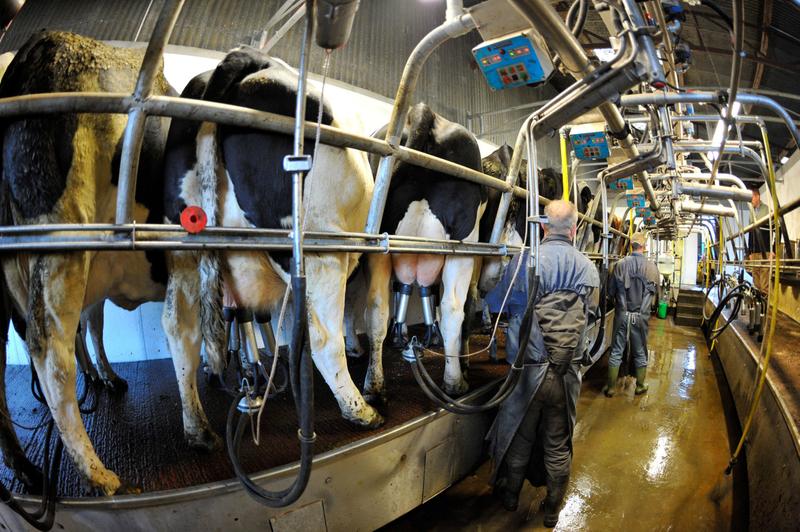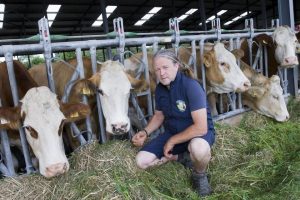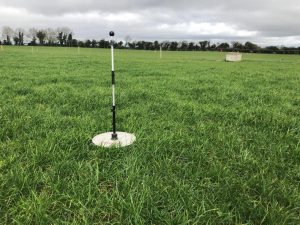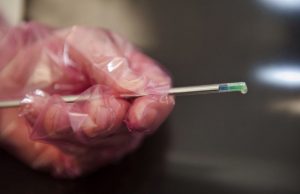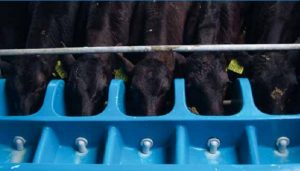
The industry has been rocked by a sharp fall in butter and milk powder prices on commodity markets and collapsing demand for dairy produce in the service and restaurant sectors since the Covid-19 lockdown across Europe.
There are also serious concerns that the industry will struggle to process all milk supplies over the next two months should the Covid-19 peak overlap with peak milk supplies.
The growing uncertainty has already been reflected in farm-gate prices.
Lakeland Dairies pulled its March milk price by 1.8c/l last week. It is expected that other processors will follow suit over the next 10 days. Glanbia is due to announce its March milk price today.
A major study by management consultants EY on the challenges facing the industry’s is due to be presented to processors this week.
Fears that the worst of the Covid-19 crisis will overlap with peak milk supplies – which sees 250m litres of milk processed in the seven-week period from the end of April to early June – forms the background to the EY study, commissioned by Dairy Industry Ireland (DII).
However, the introduction of a scheme to encourage farmers to reduce milk supplies is not being considered in the EY analysis.
This is despite moves towards similar initiatives in France and Italy, and unconfirmed reports that such a measure in Ireland is supported by two major processors.
“At present, there is no proposal on the table either here or in Brussels for any supply reduction scheme. We will work with all stakeholders on any option that will help reduce the risk for our suppliers and our businesses,” said DII.
“Currently the Irish industry has the capacity to process all of our milk at our peak of over 250 million litres a week. Our issue is not a question of stainless steel, it is a question of ensuring that we have the highly skilled human resources to run our plants.
“Business continuity planning by DII membership has been focused completely on ensuring the welfare of our staff and doing everything we possibly can with the help of government and stakeholders to process milk over peak.”
Similar sentiments were expressed by ICOS, with the co-op representative body stating that it had not been involved in discussions around a milk reduction initiative.
In France and Italy, mechanisms have been proposed to compensate dairy farmers for cutting output.
The French industry body CNIEL is seeking Commission approval for a plan to pay farmers 32c/l for a 2-5pc reduction in supplies. This payment would be industry-funded.
The uncertainty in the dairy industry was reflected in the massive variations in commodity prices paid last week on the GDT and Dutch spot markets.
The GDT was up 1.2pc overall, but the Dutch spot market saw butter prices drop by €500/t to €2,700/t, while SMP fell to €1,850/t.
However, with increasingly restricted outlets for produce, dairy farmers fear that milk prices will continue to slide.
Floor
“The problem is that no one can see a floor on the market at the moment,” one farmer representative conceded.
The ICMSA in its submission on CAP post-2020 has proposed that a voluntary milk reduction scheme should be triggered when milk prices fall below 28c/l. ICMSA was a strong supporter of the mechanism when it was last introduced in 2016.
However, current industry lobbying in Brussels is focused on the introduction of aid to private storage (APS).
